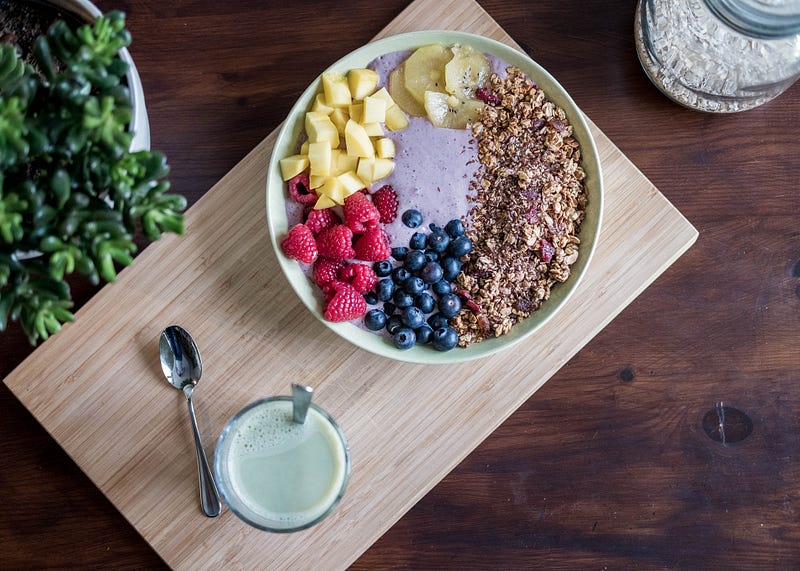
We often hear about a healthy lifestyle and we know very well that it is the first secret to preventing diseases and living peacefully. But what exactly does it mean to lead a healthy lifestyle ?! Let’s see it together!
A correct subdivision of the nutrients advises distributing the daily energy intake in this way: about 50% carbohydrates; 30% protein and 20% fat. Obviously, these are general indications that also depend on our lifestyle. An athlete, for example, needs more carbohydrates, those who are struggling with a weight loss diet, on the other hand, will have to reduce them. Junk foods such as fried foods, carbonated drinks, sweets should also be avoided. But, and we will repeat it often, the secret is always in moderation!
Drinking alcohol and cigarettes
According to INRAN (National Research Institute for Food and Nutrition), a healthy lifestyle can include a moderate daily amount of alcohol. By moderate quantity, it means 2–3 Alcoholic Units for men, no more than 1–2 Alcoholic Units for women, and no more than 1 Alcoholic Units for the elderly.
One Alcohol Unit (AU) corresponds to about 12 grams of ethanol or a small glass (125 ml) of medium alcoholic wine, a can or bottle of beer (330 ml) of medium strength, or in a bar dose (40 ml) of hard alcohol.
Cigarettes, on the other hand, should be completely avoided, however, also in this case, the watchword is moderation!
Physical activity
Practicing sports is good, it’s not just a cliché! It strengthens the immune and cardiovascular systems to strengthen muscles and joints and is also good for our mood. When we do sport, our body releases endorphins (hormones of happiness) and serotonin (hormone of good mood), and our mind is distracted from problems and worries.
The intensity and duration of physical activity vary according to different conditions, starting with age.
For a healthy lifestyle, WHO recommends :
- from 5 to 17 years: at least 60 minutes a day of moderate-vigorous activity
- 18 to 64 years: at least 150 minutes per week of moderate activity or 75 of intense activity
- after 65: as for adults + exercises for balance
Personal hygiene:
Taking care of yourself, in addition to being a symptom of physical and mental well-being, is essential to prevent diseases or disorders related to poor hygiene. For example, brushing your teeth regularly counteracts the development of tartar and cavities while washing your hands helps avoid the risk of viral infections.
Drink water
The body of an adult is made up of almost 75% water. This is why it is important to maintain good hydration. In addition, water helps eliminate waste substances, tones the tissues and keeps the joints lubricated. In general, it is advisable to take at least 1.5 liters of water per day. It also depends a lot on nutrition because part of the daily water requirement comes from the foods we eat.
Hours of sleep
Sleeping, and above all sleeping well, is important for many reasons, not just to avoid panda effect dark circles! Sleep reduces stress, develops our memory and creativity, strengthens the immune system, regenerates the mind, and even muscles, especially after exercise.
Also, in this case, the need for hours of sleep varies from subject to subject but also according to age. The American Sleep Foundation recommends:
- Age 18–25 years: 7 to 11 hours of sleep
- Age 26–64: 7 to 10 hours of sleep
- after 65 years: 7 to 9 hours of sleep
Anti-stress activity
A high level of stress can cause problems with digestion, metabolism (there are those who tend to get fat or lose weight), reduces the efficiency of our brain, promotes insomnia, headaches and also affects the health of the skin and hair.
In short, reducing stress is the first gift we can give ourselves to lead a healthy lifestyle. How to do it? By choosing activities that make us feel good and distract us. Everyone has their own method but, in general, sports or social activities are enemies of stress.
Check-up and periodic checks
Feeling good also means keeping certain values under control. Even those in excellent health should monitor their blood pressure and weight at least once a year. And do periodic checks: blood tests, specialist visits (eg. Dental), preventive (eg pap test).

























0 comments:
Post a Comment